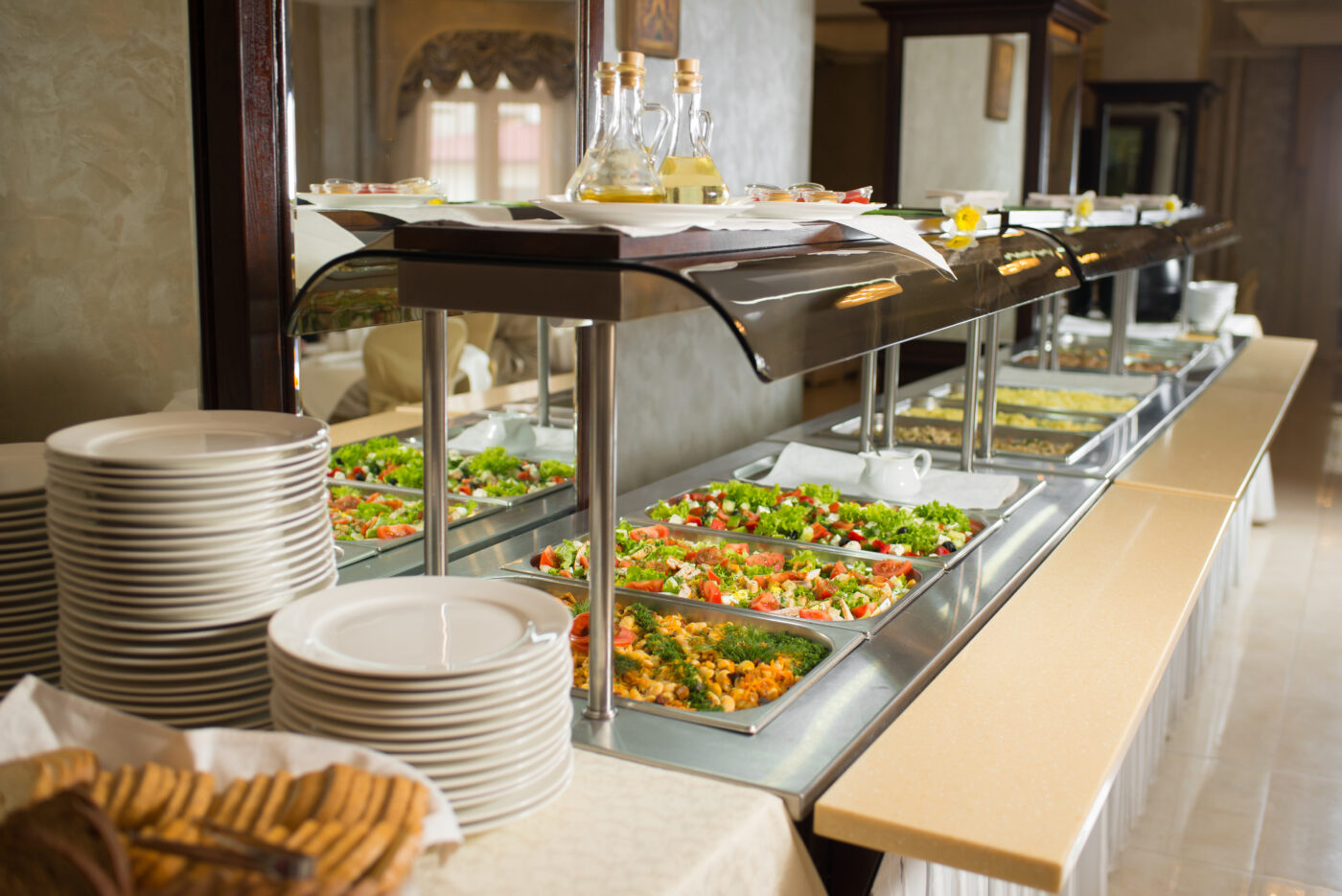Business travel accounts for roughly 20% of the total spend on travel and tourism worldwide.1 The hotel industry is a significant player in enabling business travel to happen, providing short-term accommodation as well as meeting and event space for corporate customers. Some hotel companies even have brands which are specifically tailored towards the business travel community.
With a recent report from GBTA suggesting that 88% of business travellers view actions to address climate change as a number one priority,2 and as the industry works to mitigate human rights risks throughout their companies and supply chains, business travel provides a key opportunity for the hotel industry to advance its sustainability offering.
What can you do in your hotel?
Sustainability is about ensuring that people and planet can thrive, both in the present, and long into the future. The strongest sustainability strategies are ones which address both environmental and social considerations, and are tailored to the specificities of the destination.
If your hotel offers meeting space, there are lots of quick and easy actions you can take to increase the sustainability of the meetings and events you host.
10 tips for hosting more sustainable meetings and events
- Measure impacts and offer high-quality offsetting: Track the carbon and water impacts of meetings and events. Offer meeting organisers the option to offset the carbon through a credible offset scheme.
- Encourage sustainable travel to and from the meeting: Share information about public transport options which are nearby to help attendees plan their journeys.
- Consider the sustainability of the food you serve: Offer plant-based options and avoid foods with a high carbon footprint such as beef or lamb. Where possible, look for locally sourced and certified produce such as MSC/ASC fish, organic, Fairtrade and Rainforest Alliance.
- Switch to reusable alternatives: Replace single-use items (such as napkins, plates, cups, and cutlery) with alternatives which can be reused. Switch out bottled water for refillable glass bottles, pitchers, or refill stations. If providing sauces/teabags, provide them in bulk containers rather than individually wrapped portions.
- Avoid wasting water: Use any leftover water on potted plants or in gardens.
- Be clear about how and what can be recycled: Ensure you have clearly labelled and positioned recycling stations so it’s easy for guests to recycle as much as possible.
- Don’t send food to landfill: Explore opportunities to donate or sell leftover meals wherever possible. Otherwise, separate out your food waste so it can be composted on-site or via a waste contractor.
- Think about the items you provide to attendees: If supplying pens or notepads, put them on a table at the side of the room rather than laying them out at each seat. Provide any handouts electronically. If items are essential, look for those made of recycled or FSC certified paper, or plastic made with high recycled content, and be sure incorporate human rights considerations in your purchasing decisions.
- Consider the sustainability of your workforce: For both staff and contractors, ensure that you are observing principles of fair labour and decent work, and that that no human rights are being infringed. Make sure that you have gender equality, diversity, and non-discrimination policies in place.
- Communicate your efforts: Let your attendees know about the great work you’re doing. For example, highlight if your coffee is Fairtrade. Alternatively, you could display labelled QR codes at food stations or meeting rooms to allow guests to learn more should they be interested.
Whether you’re a hospitality company hosting an event at your property, or a company organising a meeting or conference at a hotel, applying these simple and effective tips will help to maximise sustainability throughout the process.



